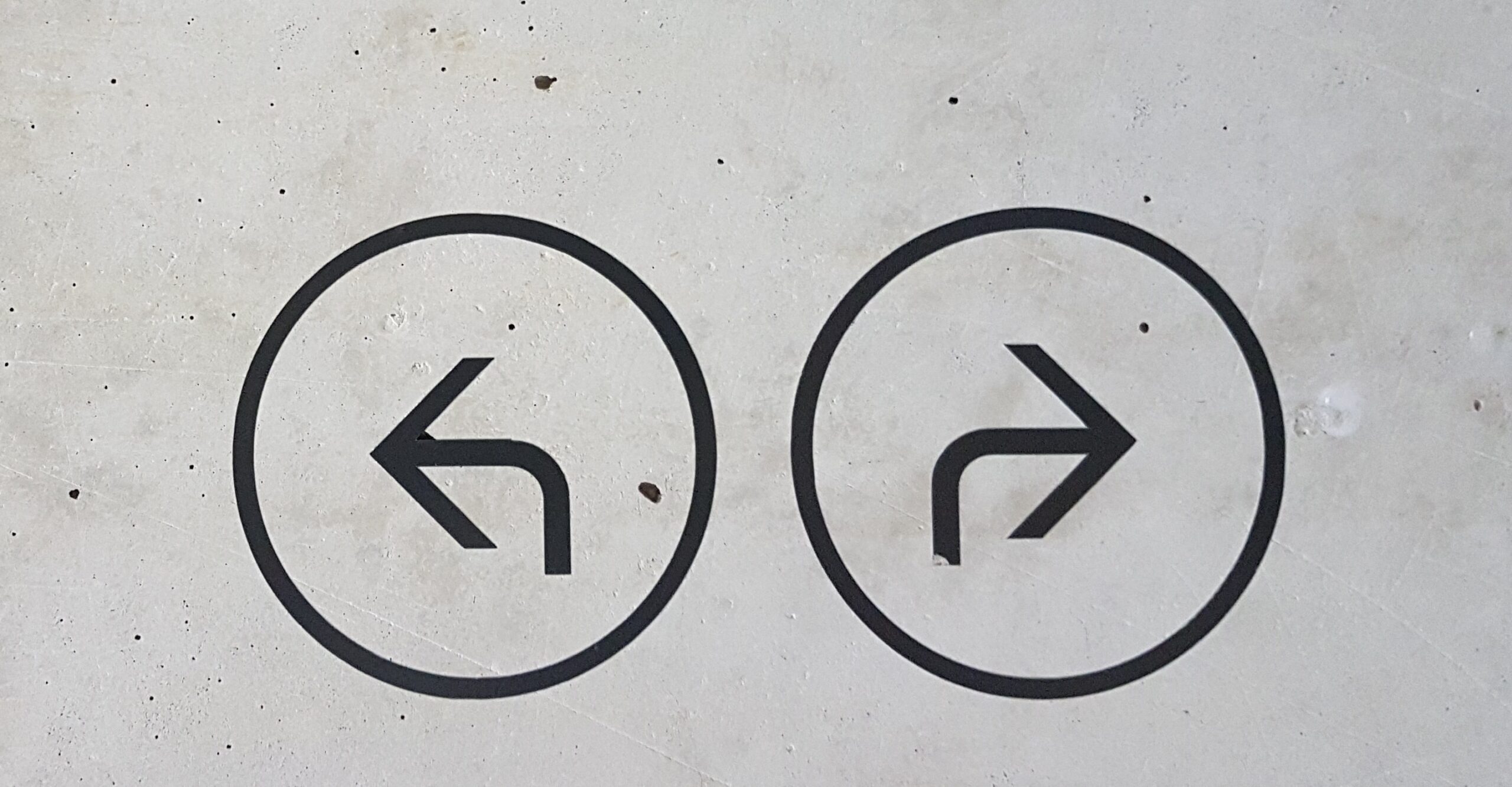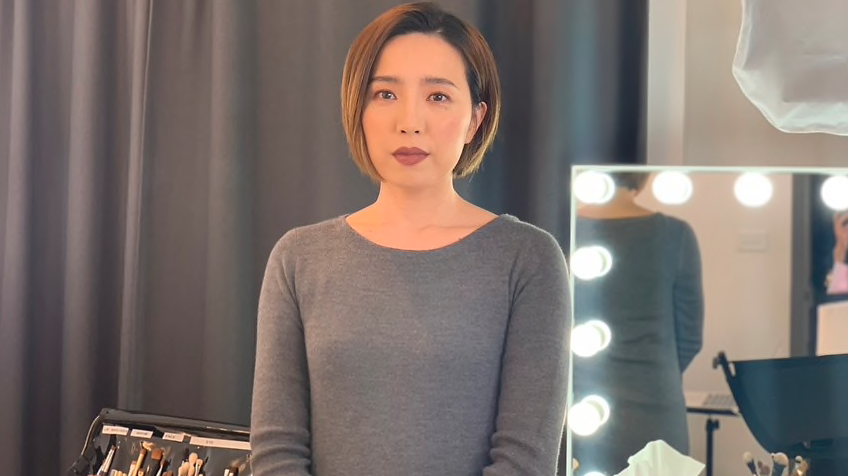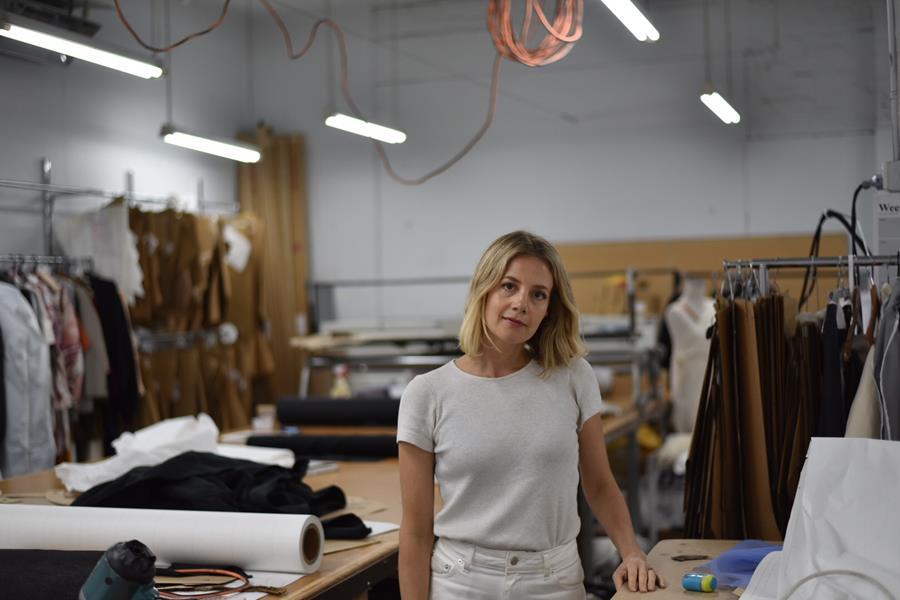
The business pivot
When COVID-19 was first brought to our attention at the end of last year, we were informed that the virus could spread from person-to-person, but not about the contagion’s ability to infect our financial markets.
Fast forward six months and businesses across the world have been brought to their knees, coughing and wheezing their way through 2020, desperately gasping for air. For many, respiratory aid has come in the form of government monetary hand-outs — and it’s been the only way to survive.
However, just like the human race, the global financial market is strong, determined and adaptable. Instead of succumbing to the virus, businesses have faced it head-on by pivoting their strategies, coming up with ingenious new ideas and maintaining (if not increasing) their advertising expenditure.

The website switch
A few weeks ago, we discussed how businesses have had to improve their online offering to stay afloat — and there have been numerous examples of this across Australia.
For example, Melbourne fine dining restaurant Attica have created an all-new home delivery menu on their website, while jeweller Michael Hill has switched to a completely online service after closing all their stores.
In some cases, proper investment in an online presence has proved a masterstroke. AuMake invested additional resources to grow its online channels to reach customers in China after recognising the potential disruption from coronavirus in January.
As a result, the business announced it had seen an increase in online sales which had materially offset the drop in offline sales. Before the pandemic, the firm’s previous one-day record for online sales was $173,000 — that record now sits at $237,000.

If you’ve ordered anything online recently, you may have noticed that the item has taken longer than usual to arrive at your front door. That’s because the switch to an online market has drastically impacted Australia Post.
The postal service is recruiting 600 extra casuals and opening an additional 15 processing facilities to keep up with the high volume of parcels being delivered as a result of COVID-19. Parcel deliveries across the country averaged nearly two million parcels per day around Easter and these volumes have almost doubled in the last few weeks, up by 90 per cent compared to last year.
Of course, when lockdown is reduced and stores start opening their doors again, this online market will shrink from its current levels. However, it’s expected that the digital landscape will remain incredibly popular amongst consumers, and those businesses who have positioned themselves well online will flourish in the post-COVID market.
The pivots
Of course, not all businesses can simply move their entire business online. For some, like some smaller firms and the self-employed, it’s simply not feasible. However, that doesn’t mean they can’t change their strategy to adapt to these unprecedented times.
Take wedding make-up artist Sophie Lau as an example. Normally she is booked out 12 to 18 months in advance, but as she told SBS News: “We lost a lot of income, it’s totally gone.

“We don’t have trial books, we don’t have weddings, everything has either been postponed or cancelled.”
Instead of giving up on her business, she has used the downtime to add another arm to it.
“I want to create a video series to describe what I learned and my experience of makeup and hair and before I had no time — but now I have two or three months and pick up the skills I need,” she adds.
Successful brands are catering to their customers’ change in lifestyle and priorities with services that not only make the lives of the consumer easier, but make their life more entertaining with content. As boredom increases and people turn to their smartphones for entertainment, it’s those brands that are providing people with something fun to see or do that are thriving.
The facts coming out of China pay testament to this. Weibo saw usage grow by 31% as users flocked to the micro-blogging platform for some much-needed human contact and Douyin (Chinese TikTok), reportedly grew by 102%. Meanwhile, Michael Norris, Research and Strategy manager at AgencyChina, a consultancy in Shanghai, told the AFR that that skincare purchases in China are down 30% (this time on the previous year), but time spent watching skin care-related video is up 300%.

However, businesses haven’t necessarily required an online delivery service or a series of vlog post to stay afloat.
Short-term accommodation company ‘Beyond a Room’ were always going to struggle during these unprecedented times and, some would argue, destined to fail. They had more than 60 cancellations after the Federal Government announced limits on group gatherings, and rules forcing overseas travellers to self-isolate for 14 days when entering Australia.
Owner Linton Wood told The ABC: “It’s meant all business travellers coming for conferences have cancelled, people coming for events like footy have all cancelled, and all these travellers are getting a full refund.”
But the company came up with some new solutions to help solve their cash-flow problem.
“One of the ideas we had was to offer guests to extend their stay because they would need to self-isolate [when entering Australia],” Mr Wood said.
“The other was to offer accommodation to those just coming back from trips overseas who needed to book somewhere to self-isolate and have us provide services to them, like deliver food.”
The retail industry has faced similar issues, despite many firms having a strong online presence. In March, fashion designer Jade Sarita Arnott made the heartbreaking decision to close the retail shops and factory of her sustainable brand Arnsdorf in an attempt to save her business for a post-coronavirus world.

Instead of allowing the retailer to collapse, Arnott has instead joined the growing list of businesses that make personal protective equipment (PPE) – masks, gowns and possibly sheets for hospital beds – for the government effort against the virus.
Share of mind
There’s a saying in business, ‘when times are good you should advertise, when times are bad you MUST advertise’.
Of course, this is easier said than done for some firms during these times, but there’s data to back up this theory. During the 1981-1982, 1990-91 and 2008 recessions, those that maintained or increased their advertising spend averaged significantly higher sales growth, both during the downturn and for the following three years, than those that eliminated or decreased advertising.
In fact, a series of six studies conducted by the research firm Meldrum & Fewsmith showed conclusively that advertising aggressively during recessions not only increases sales but increases profits.

There are several reasons why firms that reduce their advertising budgets during times of financial shock can see a decrease in their sales revenue. Perhaps the main reason is because the brand loses its ‘share of mind’ with customers.
When marketers cut back on their ad spending they risk losing current – and possibly future – sales because their ‘name’ is no longer in the minds of the consumer.
Not only this, but it allows those companies who increase their ad spend to reposition their own brand, or introduce a new product, without major competition. Consumers tend to trust these brands more going forward, because it projects an image of corporate stability during challenging periods.
At Metronome, we want to help our clients achieve success now and after the coronavirus epidemic. We have recently helped Wilson Storage and Smarter Bathrooms launch their new advertising campaigns in an effort to better position themselves in the market.
Wilson are offering half-price storage for the first two months to help local businesses, while Smarter Bathrooms will install free underfloor heating as part of a home renovation that’s worth more than $1,100.
Presenting new offers during times of financial hardship is a fantastic way to increase your ‘share of mind’, but to ensure the consumer knows of these deals, advertising is key.
To come out the other side stronger and ahead of the competition, businesses must adapt to the changing consumer landscape, treating these times as an opportunity and not a hardship. Those that do pivot and are able to maintain their advertising spend will position themselves perfectly in the post-Coronavirus world.
